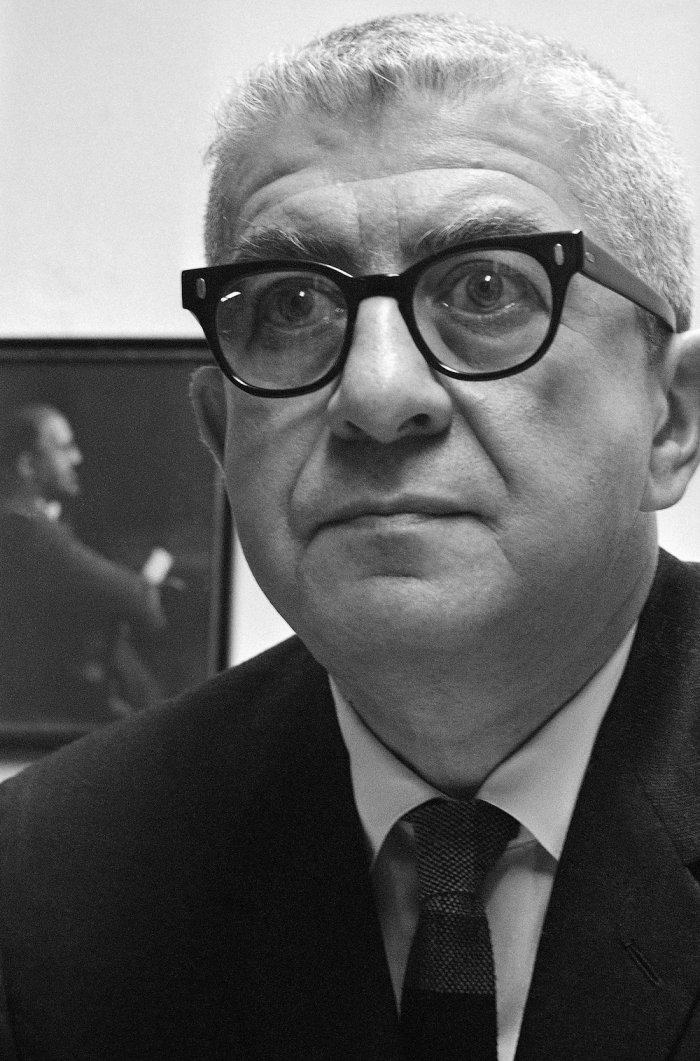The Supreme Court decision in Aptheker v. Secretary of State, 378 U.S. 500 (1964), invalidated the denial of passports to American Communists under a section of the Subversive Activities Control Act of 1950.
Court struck down law denying passports to American communists
Justice Arthur J. Goldberg’s opinion relied chiefly on the right to travel as a “liberty” protected by the Fifth Amendment.
He stated that the law, which allowed the secretary of state to deny passports to all members of the Communist Party of the United States or communist-front organizations unnecessarily swept up the innocent with the guilty.
He further observed that the ban applied regardless of the purposes of the travel. Not only was the law unconstitutional on its face, Goldberg asserted, but it seemed to him also that it would be impossible to adapt its language in such a way as to save it.
Justices said law violated First Amendment freedoms
In a concurring opinion, Justice Hugo L. Black argued that the law constituted an unconstitutional bill of attainder, denied jury determinations, and violated “the freedom of speech, press, and association which the First Amendment guarantees.” He argued that the nation could best preserve its “internal security” by honoring First Amendment freedoms.
Justice William O. Douglas pointed similarly to the kinship between freedom of movement and “the right of assembly and the right of association.” Like these freedoms, freedom of movement makes all other rights meaningful— “knowing, studying, arguing, exploring, conversing, observing and even thinking.”
Justice Tom C. Clark’s dissent argued that the individuals involved in this case were clearly knowing members, and leaders, of the Communist Party. He further believed that Congress had the right to regulate the right to travel to protect national security.
John Vile is professor of political science and dean of the Honors College at Middle Tennessee State University. He is co-editor of the Encyclopedia of the First Amendment. This article was originally published in 2009.

